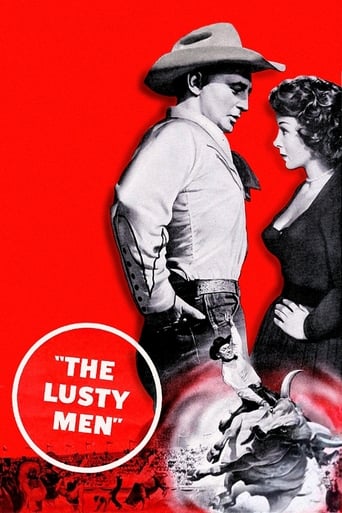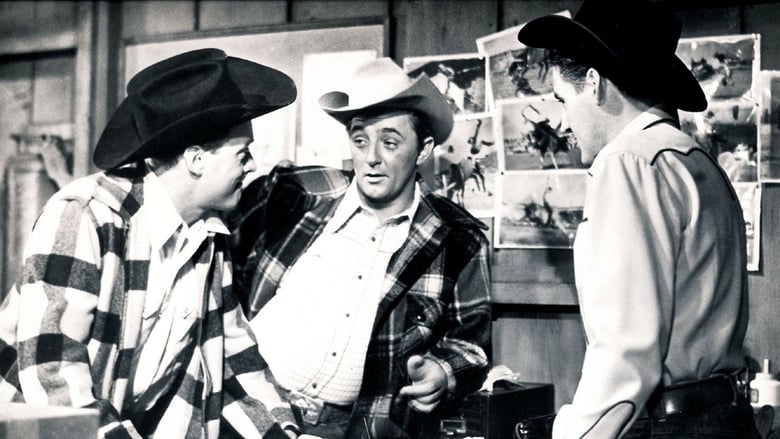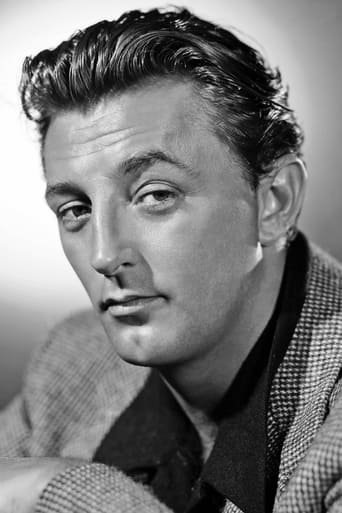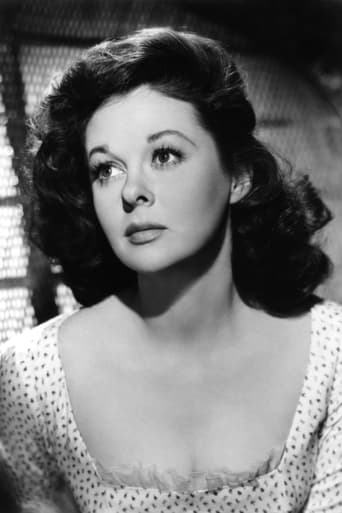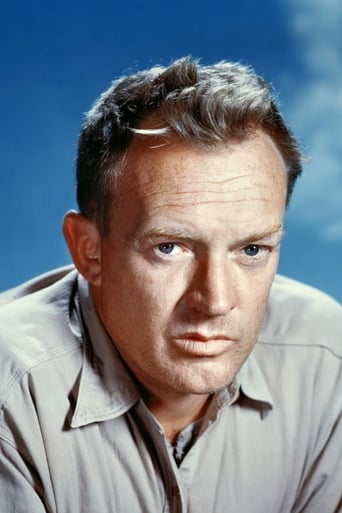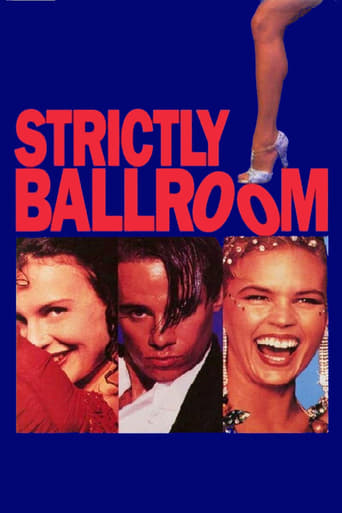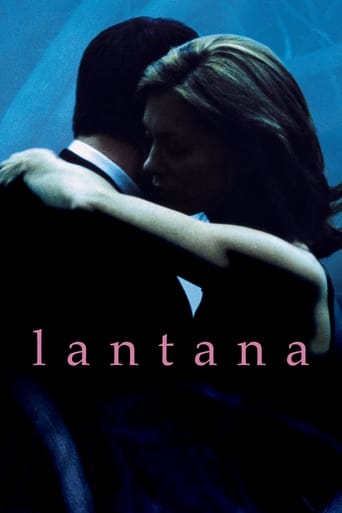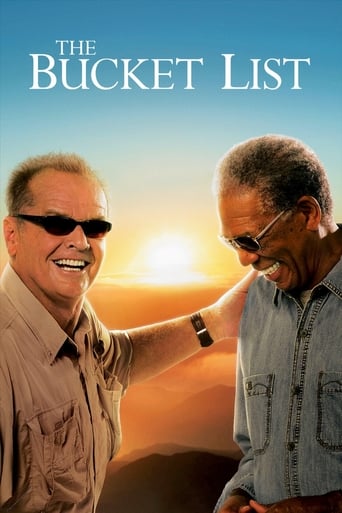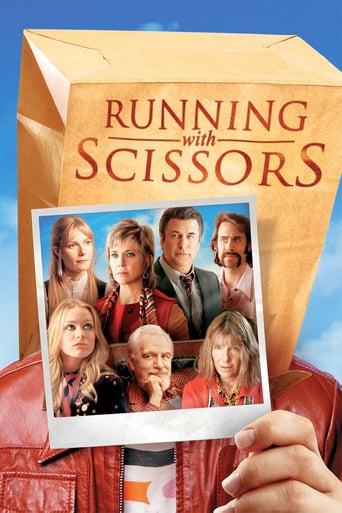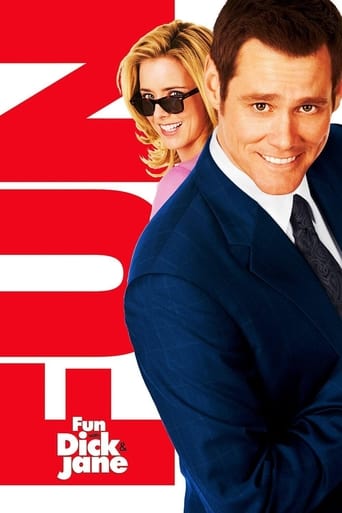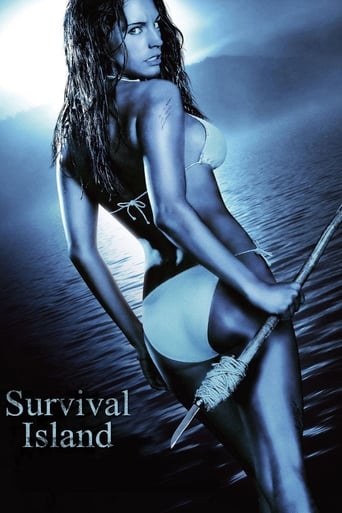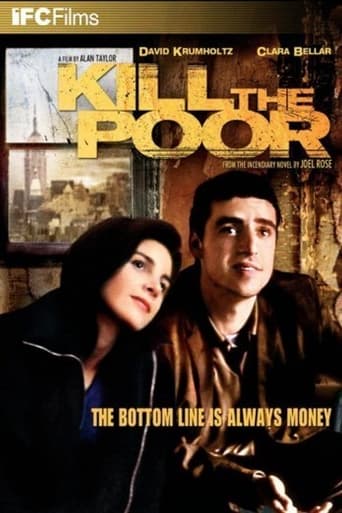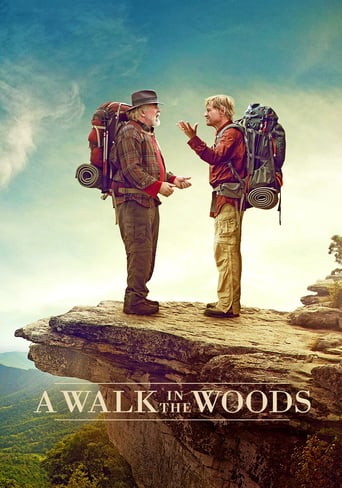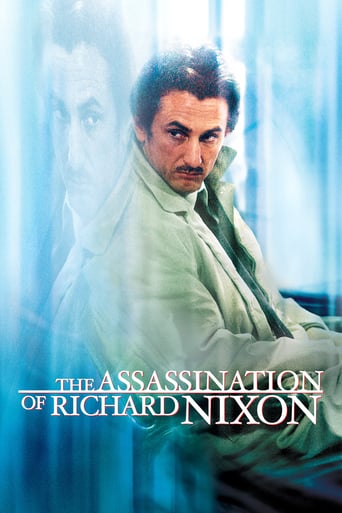The Lusty Men (1952)
Retired rodeo champion Jeff McCloud agrees to mentor novice rodeo contestant Wes Merritt against the wishes of Merritt's wife who fears the dangers of this rough sport.
Watch Trailer
Cast


Similar titles
Reviews
Great Film overall
As Good As It Gets
Fun premise, good actors, bad writing. This film seemed to have potential at the beginning but it quickly devolves into a trite action film. Ultimately it's very boring.
It's easily one of the freshest, sharpest and most enjoyable films of this year.
"The Lusty Men." What a deplorable title. Sounds as if it ought to star Audie Murphy, with Joan O'Brien as the mammus girl and John McIntyre as "the sheriff." But it's considerably better than that.Not that the plot is very original. An older guy takes a talented newcomer under his wing and the tyro gets an attitude. It could be Paul Newman and Tom Cruise as pool players or, more aptly, it's likely to have been drawn from a successful movie about boxing, "Champion," with Kirk Douglas.Nor is the acting especially outstanding. When Mitchum got his hands on the right role he could really swing, but here he's his usual sleepy self. Arthur Kennedy, as the talented newcomer, is good enough but the role itself is formulaic. With each successful appearance at a rodeo, busting broncos, bull dogging, calf roping, riding the Brahma bull (pronounced Bray-ma), his head expands along with his ego and he begins to neglect his loving and dutiful wife, Susan Hayward, developing instead a taste for drinking, gambling, and loose blonds. Hayward herself is miscast. She's not a slightly worn waitress from a tamale joint. That's Patricia Neal's role. Hayward projects toughness but I'm afraid she's Edythe Marrener from Brooklyn.It occurs to me that the film borrows from another pattern: the conflict between two partners in life, one of whom wants to settle down and the other who wants to keep moving and living the free life. Kirk Douglas was the rootless drifter in "Lonely Are the Brave," but he had no companion except his horse, Whiskey. A closer fit has Mitchum as the happy drifter and Deborah Kerr as the tough wife who longs for a farm in "The Sundowners." Crossing the line into the absurd, Bob Hope always wanted to go home to Sioux Falls and Bing Crosby kept coming up with plans to find a secret gold mine in the Road pictures of the 40s.There's another thing too. Mitchum is an ex prize winner at rodeos and he stumbles on Kennedy more or less by accident. Kennedy agrees to split any winnings at the contests if Mitchum shows him the ropes and teaches him the tricks. But we see NONE of that teaching. All I learned was that when you're aboard an animal in the chute and you want it to open, you shout "Outside!" And when you ride a bull you tie your left hand into place with a rope, but I already knew that thanks to a shipmate of mine in the service who was a kinsman of such a contestant. There isn't one second of Kennedy's practicing with a bucking horse or a laso. Plenty of scenes of the contests themselves, aimed at an audience who loves to see some guy thrown on his bum and mauled by a one-ton brute.So those are all the irritants. What lifts it above the average are the character touches, presumably from Horace McCoy's adaptation of Claude Stanush's novel. Whoever was responsible for the screenplay knew a thing or two about rodeos and what goes on behind the scenes. What goes on can be pretty retrograde. A man has to prove to himself and others that he's not "afraid." Kennedy often protests indignantly that he's not "scared" of being hurt.The other thing is Nicholas Ray's direction, to the extent that he can unshackle himself from the more banal parts of the script. Mitchum dies at the end. But he doesn't declare his love for Hayward on his deathbed. That love, which has only been intimated, goes unspoken. The death itself is bloodless. And instead of grimacing, then closing his eyes and rolling his head on its side -- the side facing the camera -- as almost all Hollywood's dying people do, he rolls AWAY from the camera onto his side and clutches Hayward's hands. The camera drifts up from Mitchum's naked back to Hayward's face. It's only from the change in her expression that we know he's given up the ghost. There are a couple of other scenes, equally nuanced, and if Ray had been able to get more out of Mitchum and had someone with brains and sensitivity buff the script, it could have been a very good movie indeed.
Nicholas Ray directed this excellent melodrama about ordinary folks trying to make their American Dream happen by utilizing the rodeo circuit. Arthur Kennedy and Susan Hayward star as Wes and Louise Merritt, an ordinary couple living an ordinary life as a ranch hand and a ranch hand's wife respectively. In walks Robert Mitchum as Jeff McCloud, a virile stranger who may be an opportunist and a lothario as well as an ex rodeo champion. Director Ray, known for his strong characterizations, excels at meshing the three lives of the principals in this film. Kennedy tires of ranch life just as Mitchum enters the picture, worrying his wife Hayward.Mitchum is outstanding as usual in the role of Jeff McCloud and fits right in with the rough and tumble rodeo world. Kennedy is perhaps too old to play a new rodeo star, and he certainly does not have the athleticism and physicality of Mitchum to be as believable as a rodeo star. However, Kennedy's character changes as the film progresses from an ordinary ranch hand to an egotistical star, becoming more distant from his wife's perspective. Hayward's character character changes too from a dutiful spouse to a woman willing to fight to keep her husband and in one piece. Mitchum's character change near the end is not quite believable, and as a result, the ending is not entirely satisfying.Director Nicholas Ray was always ahead of his time, focusing on characters' conflicts with themselves as well as each other; in that, the conflicts served as catalysts for action and/or change. Ray filmed the rodeo scenes with a 16 millimeter hand-held camera, a device that modern filmmakers have returned to with digital cameras in recent years in filming within close quarters, to intensify emotion/horror, or to portray an environment with more realism. Ray made an interesting choice to film in black and white in between two films in color he did: Flying Leathernecks and Johnny Guitar, mirroring the very real black and white results of his characters' decisions in The Lusty Men. Arthur Hunnicutt has a supporting role as an aging ranch hand. Horace McCoy contributed to the screenplay. *** of 4 stars.
This fine western about life on the rodeo circuit is more about drama than action but still packs a wallop, thanks largely to Robert Mitchum and Susan Hayward. Mitchum is a washed up bronc rider who becomes a mentor to Arthur Kennedy who has dreams of becoming a big time rodeo performer. Eager to buy a ranch but lacking money, Kennedy learns the ropes of rodeo performing and the three decide to travel the rodeo circuit although Hayward is cool to the idea. Under Mitchum's tutelage, Kennedy career takes off but he doesn't seem to notice the attraction between Mitchum and Hayward. Mitchum, rough and virile, looks the part of a cowboy and he and Hayward have great chemistry in their scenes but Kennedy is no cowboy and he doesn't seem to be a good match for Hayward. Arthur Hunnicutt does his usual good work in a key supporting role.
It seems that after the shooting of "Macao", director Nicholas Ray (who replaced Josef von Sternberg) and actor Robert Mitchum were prepared for a second match. This was "The Lusty Men", a poetic and sensitive film about a man at the moment of his decadence as a rodeo figure. Beautifully shot in black and white, this picture is ready to stay as one of the most impressive achievements in film history on the subjects of maturity and enthusiasm, destiny, despair and true naivety.

